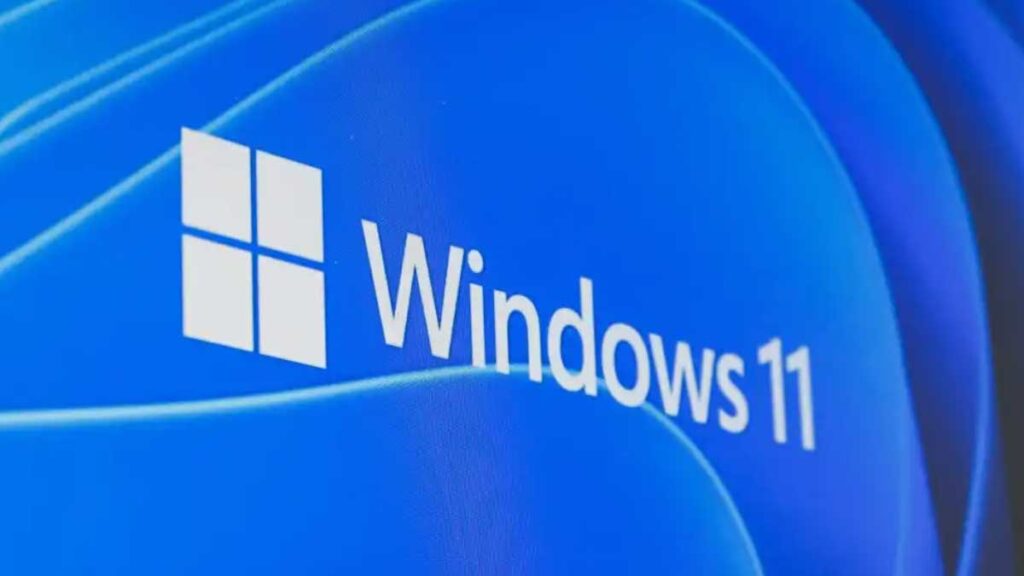
Microsoft is facing a tough challenge with time running out. With just a year left before Windows 10 reaches its end in October 2025, many users are still not switching to Windows 11. This could lead to big problems with support if more people don’t make the move.
There’s a small sign of progress, though. While Microsoft hasn’t shared official numbers, new data from StatCounter shows that around 130 million Windows 10 users have upgraded to Windows 11 over the past year. However, nearly 900 million users are still sticking with Windows 10. Although the shift to Windows 11 is picking up, it’s still much slower compared to previous OS transitions.
Windows 11 is a unique update, largely due to its strict security hardware requirements, which prevent hundreds of millions of PCs from upgrading. However, as another year has passed, only older machines would now fail to meet these standards. But there seems to be more to the issue than just hardware limitations.
Three years after its release, Windows 11 still struggles with a negative image that Microsoft hasn’t been able to fix. What will happen in the next 12 months is uncertain. There’s speculation that Microsoft may offer a support extension or some sort of workaround, aside from the paid support options that will increase in price over time.
This week, Microsoft began rolling out its Windows 2024 update, which, as expected, focuses heavily on AI and the latest “Copilot+ PC innovation.” The new Windows 11 24H2 update is described by Microsoft as a complete OS upgrade that includes essential new components to enable advanced AI features and deliver outstanding performance.
The main focus of this update is AI, and one of the most talked-about features is Recall, a controversial screenshot tool that aims to store a complete record of everything users do on their PCs. When it was first announced, it raised concerns about security and privacy. As a result, Microsoft has introduced options to disable or even uninstall the feature to address these issues.
Looking at it another way, nearly twice as many Windows users are still hesitant to embrace AI compared to those who have already made the switch. While Windows 11 didn’t initially focus on AI, that’s now the main feature being highlighted. With AI also being a key part of the latest iOS and Android updates, we’ll soon see how widely these changes are being accepted.
Over the next year, expect regular updates on the growing number of users transitioning to avoid the support crisis. This will begin with user reviews and feedback on the latest AI updates. For those still holding back, there will be ongoing reports on hardware upgrade workarounds and possible support options after next October.